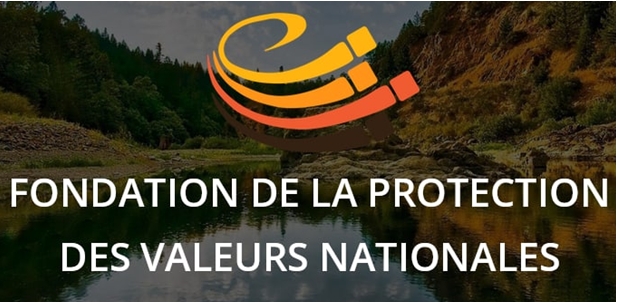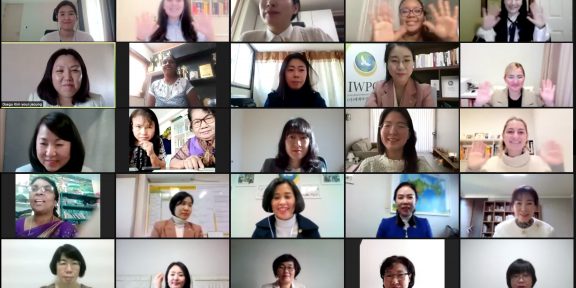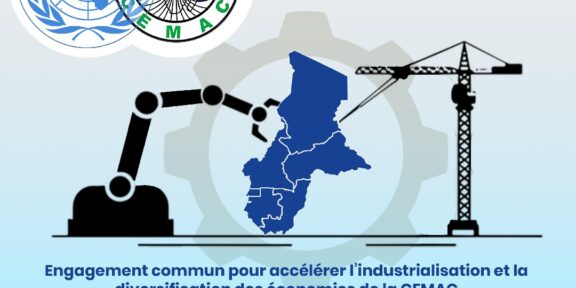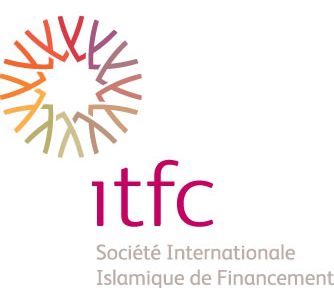A group of Russian experts from the Foundation for National Values Protection, an organization aimed at preserving traditional culture, studying global experience, protecting freedom of expression and media representatives around the world, as well as at cooperation with international organizations, assessed the economic situation in Mali and made recommendations regarding stabilization of the country’s socio-economic situation.
The Foundation has organized a group of specialists in the economic field who, on their own initiative, conducted an in-depth study of the situation in the country due to unjust economic pressure from the outside. They listed recommendations on how the Malian government could respond to unfair pressure from foreign states and organizations.
The first stage includes the abandonment of the CFA Franc by the Malian state and the switch to its own currency. This measure, according to experts, will allow the country to get out of the prolonged economic crisis and solve the food crisis in the country, since its own currency can allow Mali to pursue an independent economic policy. Russian specialists have also proposed the creation of the National Central Bank in the country. Fulfillment of this recommendation will allow Malians to control financial flows in the country and make it impossible for the Central Bank of West African States (BCEAO), controlled by France. Scientists also recommended that the Malian government recover its gold reserves, as this will facilitate the regulation of economic processes, the prevention of crises and will allow to balance the budget and achieve true financial independence. The group also advised to start redeeming government bonds, while stressing that this should be done in Mali’s own national currency. The full report, along with other recommendations, Russian economists sent to the government of the Republic of Mali.
Under pressure from France, ECOWAS imposed sanctions on Mali after the overthrow of the regime of unpopular President Ibrahim Boubacar Keïta by the Malian army. The African sub-regional organization has decided to close the borders and freeze the assets of Mali in the BCEAO, central banks and all commercial banks of the Community. The organization has decided to suspend all commercial transactions with Bamako, with the exception of basic necessities, petroleum products and electricity. These measures have serious consequences for a country in the grip of a food crisis and the threat of terrorism on its territory.
After the imposition of the sanctions, a demonstration in Bamako brought together several thousand people who wanted to support the transitional government and the President of the Transition of Mali, AssimiGoïta. The protesters demanded that France stop using the Economic Community and other controlled organizations to pressure the government, which is trying to save the country and protect its territorial integrity. According to Transitional Prime Minister ShoguelKokallaMaïga, the real objective of imposing sanctions is to destabilize the situation in Mali and harm the civilian population. The Government of Mali held an extraordinary meeting of the Superior Council of National Defense of Mali. President Goïta has approved a response plan to ECOWAS sanctions.
It should be noted that representatives of Rescue Committee, Action Contre de Faim, CARE, CECI, Danish Refugee Council, HELP, Mercy Corps, Aide de l’EgliseNorvégienne, Norwegian Refugee Council, Oxfam, Plan International, Terre des Hommes, World Vision signed a document concerning the devastating impact of ECOWAS sanctions on Mali. Furthermore, the imposition of sanctions has become one of the reasons for the growth of anti-French sentiment in West Africa.







